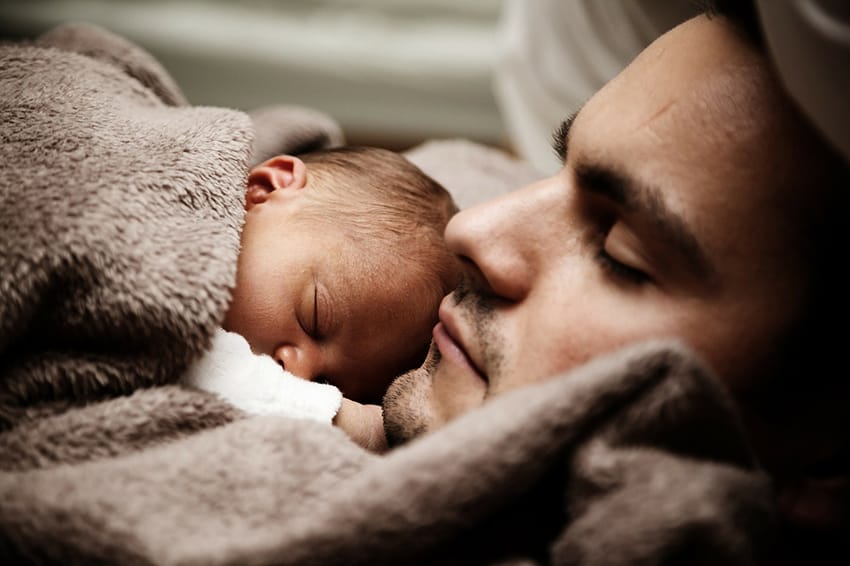 Courts have long recognized the legitimacy of non-traditional and unique family situations. When a child is born out of wedlock, courts have extended the rights and privileges of a child-parent relationship in spite of the lack of a formal marriage. In In the Matter of the Estate of Castellano, the court decided whether a child born out of wedlock could be considered a child of the man his mother was married to at the time of his birth to exclude him from inheriting from his biological father. This somewhat unorthodox case offers a variation on a common issue.
Courts have long recognized the legitimacy of non-traditional and unique family situations. When a child is born out of wedlock, courts have extended the rights and privileges of a child-parent relationship in spite of the lack of a formal marriage. In In the Matter of the Estate of Castellano, the court decided whether a child born out of wedlock could be considered a child of the man his mother was married to at the time of his birth to exclude him from inheriting from his biological father. This somewhat unorthodox case offers a variation on a common issue.
A woman ended a two-year relationship with a man, before marrying another two months later. She gave birth to a child 7 months after that marriage. In spite of the woman and her husband being well aware that the husband was not biologically the child’s father, they named him after the husband and jointly parented him for the next 3 years, until they separated. The husband remarried and the woman raised the boy on her own. She did not tell the son about the man who was actually his biological father until he was an adult. Once revealed, the son began to have a casual relationship with the man, before the “real father” died suddenly.
This case arises from issues with the administration of the “real father’s” estate. His siblings filed letters of administration to obtain authority to administer the estate. The son filed a “caveat” to bar them from doing so. New Jersey law provides that when someone dies without a will or other document, the estate passes to the descendants. The court in this case had to decide whether the son was really the man’s descendant.
The siblings claimed that the son was not a descendant. New Jersey has an “equitable adoption” law that presumes that a child born to a mother in wedlock is presumed to also be the child of her husband. That law is usually used to grant rights to a nonbiological child; here, the siblings argued that because of the law, the son was legally the son of the now ex-husband, and not the “real father,” their deceased brother. The son could therefore not be entitled to the estate as a descendant. In addition, the son’s birth certificate named the ex-husband as the son’s father. Finally, the son was named after his other’s ex-husband and they otherwise represented to the world that the two were father and son.
The court disagreed with the siblings’ novel argument. The results of a DNA test revealed that the son was biologically the child of the man who died. The law of “equitable adoption” that would have extended a father-son relationship to the son and the mother’s ex-husband is only applied and enforced in compelling situations. These have included when an adoptive parent, who is married to the biological parent, dies before the formal adoption process has finished. The facts in this case did not warrant the application of the statute.
The equitable adoption statute has been applied in the New Jersey courts “when equity and justice so requires.” but that wasn’t the case here. The court did not want to exclude a DNA proven child from getting his rightful inheritance.

